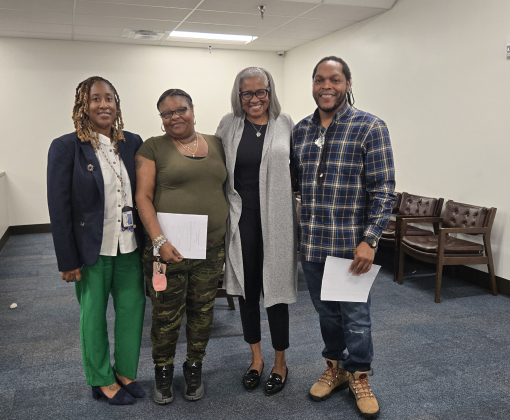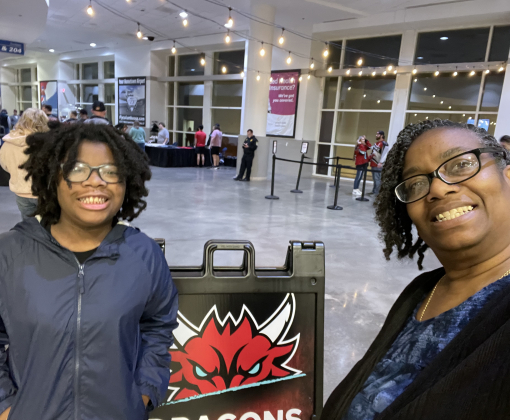
As many households across the Chattahoochee Valley navigate changes in food benefits, United Way and community partners are working together to make sure families have access to nutritious food and community support, so that no one is left behind.
Food insecurity impacts many households in our region, including those who serve. Military families often experience sudden moves, deployments, and gaps in income that make it difficult to maintain stable access to food. Local partnerships are stepping up to fill that gap.
The Need for Military Family Food Support
Military families experience unique challenges. Frequent relocations, temporary duty assignments, and overseas deployments can strain budgets and increase financial stress. Research shows that one in eight military families with children have relied on food banks, pantries, or other charitable food resources in the past year.
In Georgia, 14.9% of residents and 19.6% of children experience food insecurity. In Muscogee County, which includes Columbus and Fort Benning, those rates rise to 19.7% and 23.4%, respectively, meaning nearly one in four children live in households that struggle to put food on the table.
How Feeding the Valley Food Bank Supports Military Families
When “Rhonda,” the spouse of a recently transferred Fort Benning soldier, suddenly faced a deployment and rising household expenses, she turned to United Way’s 211 call center for help.
211 connected her with Feeding the Valley Food Bank, which provided a carefully designed supplemental food package tailored to her family’s needs. She was also referred to St. Anne Community Outreach, which supplied new clothing for her children for the school year.
Rhonda’s story reflects what coordinated community care looks like, connecting military families with the resources they need to stay nourished, supported, and resilient.
Results of Community Collaboration
Through collaboration between United Way, Feeding the Valley Food Bank, 211, and other local partners, military families can access healthy food, focus on family life, and support their children’s education, even during times of financial transition.
Why Food Support Matters for Learning
Children can’t learn or thrive when they’re hungry.
- Students who come to school hungry struggle to concentrate and complete homework.
- Food insecurity among military families is higher than among civilians, approximately 25% compared to 10%.
Providing consistent food support helps children stay focused, engaged, and hopeful for the future.
How the Partnership Works
Together, Feeding the Valley Food Bank and United Way provide direct and compassionate food support through:
- 211 as a gateway: A free and confidential service connecting families to food, housing, and other essential resources.
- Tailored food packages: Each family receives food suited to their dietary needs, household size, and duration.
- Referrals to partner agencies: When additional needs arise, such as school supplies or clothing, 211 connects families to the right local support.
Looking Ahead
United Way and Feeding the Valley Food Bank are committed to:
- Expanding awareness of 211 so more families know where to turn for help.
- Strengthening partnerships to create a seamless network of care.
- Increasing outreach to families connected to Fort Benning.
How You Can Help
- Families and caregivers: Call 211 for food assistance and other local resources.
- Local organizations: Volunteer, donate, or partner with Feeding the Valley Food Bank.
- Community members: Share information about food resources and support military families during this challenging time.
If you or someone you know is facing food insecurity, someone local is here and ready to help. Call 211, text your ZIP code to 898211, or visit 211uwcv.org for the latest information on food availability and assistance in your area. All calls are free, confidential, and available in multiple languages.






